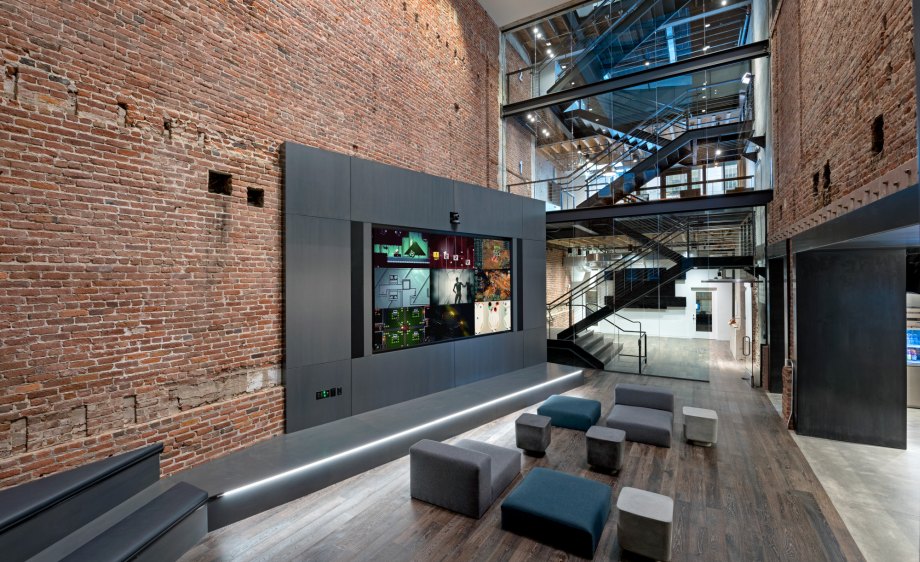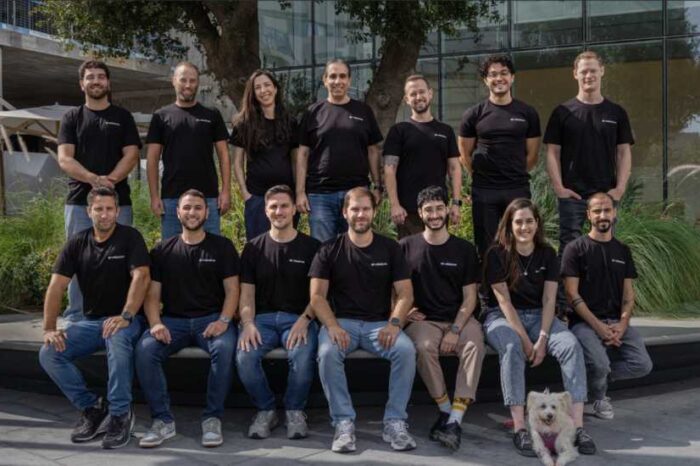Unity Software CEO John Riccitiello steps down effective immediately

Unity Software made a surprising announcement on Monday that John Riccitiello has stepped down from his role as chief executive officer (CEO) on October 9, 2023, effective immediately. In his place, James M. Whitehurst, a former senior advisor and president at IBM, will take on the role of interim CEO, the video game maker said.
Unity also added that Whitehurst has also been appointed President and a member of the Board, while Roelof Botha, Lead Independent Director of the Unity Board, was also appointed Chairman. Meanwhile, Mr. Riccitiello will continue to advise Unity to ensure a smooth transition, the company said in a press release.
“Working with Unity under John’s leadership has been one of the highlights of my career. John joined the Unity Board in 2013 and stepped in to lead the Company in 2014, at a time when we faced significant challenges,” Mr. Botha said. “John has led Unity through incredible growth over the last nearly 10 years, helping us transition from a perpetual license to a subscription model, enabling developers to monetize, building other game services to serve our creator community, leading us through an IPO and positioning us as a pioneer in the developer community. Unity would not be where it is today without the impact of his contributions. I remain excited for the future of Unity.”
The surprising news comes five months after the company announced the layoff of 600 employees, about 8% of its workforce. Riccitiello’s departure also comes on the heels of several controversial decisions made by Unity, notably the proposal of a runtime fee for developers that was met with widespread opposition. Additionally, the company initiated significant layoffs in 2023 as part of cost-cutting measures.
“It’s been a privilege to lead Unity for nearly a decade and serve our employees, customers, developers and partners, all of whom have been instrumental to the Company’s growth,” Mr. Riccitiello said. “I look forward to supporting Unity through this transition and following the Company’s future success.”
While Unity’s official statement described Riccitiello’s retirement as part of a planned transition, many industry experts believe that the recent controversies played a role in expediting his departure. The proposed runtime fee had strained relations with the developer community, and the layoffs had further tarnished Unity’s reputation.
The consequences of Riccitiello’s exit remain uncertain. James Whitehurst, an esteemed figure in the tech world, faces the challenge of rebuilding trust among developers and finding a sustainable path for Unity’s growth as interim CEO. Some potential outcomes include Unity focusing more on developer-friendly initiatives, concentrating on its core engine business, exploring partnerships with tech giants like Microsoft and Google, and possibly pursuing strategic acquisitions.
The future direction of Unity under Whitehurst’s leadership will unfold with time and could significantly impact the company’s trajectory in the tech industry.
Unity is one of the several tech companies that have implemented cost-cutting measures in recent months as concerns grow over the global economic slowdown, the possibility of a looming recession, and the impact of generative AI. This week, IBM announced it plans to suspend hiring for approximately 7,800 jobs that will be replaced by Artificial Intelligence (AI) in the coming years. Lyft also laid off 1,072 workers or 26% of its workforce, just a month after the founders stepped down.
Unity was founded in Denmark in 2004 by David Helgason, Joachim Ante, and Nicholas Francis as Over the Edge Entertainment. The company later changed its name to Unity Technologies in 2007. Unity is the creator of the world’s leading real-time 3D development platform, giving users the most powerful and accessible tools to create, operate, and monetize experiences in the real-time world.




